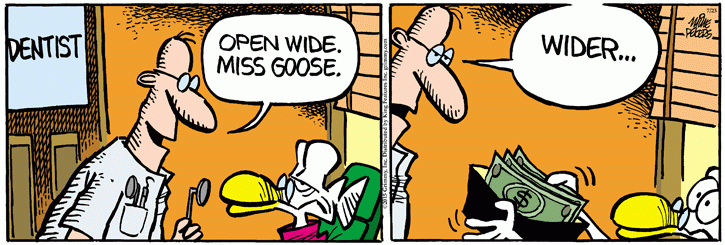'Pharmaceutical companies are overlooking drugs to prevent cancer and treat early-stage tumors because they take longer and cost more to develop than drugs for late-stage cancers, according to a new MIT study.
“There’s dramatically more investments in the late-stage treatments than there is in stage one or stage two,” said Benjamin Roin, a professor at MIT and a co-author of the study. “There’s shockingly little investment in prevention.”
The study, published in American Economic Review, found that low investment in early-stage cancer drugs accounted for a loss of 890,000 life-years — additional years cancer patients would have lived — in just 2003.
The culprit, the authors say, is how regulators treat the vital exclusivity periods for new drugs. Because the exclusivity period begins when the patent is filed — not when it hits the market — drugs that take less time in clinical trials become more valuable, Roin said. Trials for cancer drugs targeting early-stage tumors and prevention can take significantly longer to show results, he said.
“It creates incentives to focus on the drugs you can get on the market quickly, as opposed to drugs that take longer to develop,” Roin said. “The patent system is penalizing companies if they take longer to develop stuff and providing bigger rewards if they develop stuff that gets to the market fast.”'
Perhaps they need to look at their business model instead of their shareholders. I mean aren't pharmaceutical companies supposed to be developing medications to help people stay alive and feel good? No wait, they must be out to make big bucks because if they wait for people to be sick and dependent on their meds, then they can rake in the billions. And they can charge more for these 'life extending' drugs. That way their shareholders will be happy. (I am really sick of shareholders after working for publicly traded companies.) Insert cynicism here please.
- - - - - - - - - - - - - - - - - - - - - - - - - - - - - - - - - - - - - - - - - - - - - - - - - -
This is taken from the beginning of the study itself (Download pdf of study results here.):
"Over the last five years, eight new drugs have been approved to treat lung cancer, the leading cause of US cancer deaths.1 All eight drugs targeted patients with the most advanced form of lung cancer, and were approved on the basis of evidence that the drugs generated incremental improvements in survival. A well-known example is Genentech’s drug Avastin, which was estimated to extend the life of late-stage lung cancer patients from 10.3 months to 12.3 months.2 In contrast, no drug has ever been approved to prevent lung cancer, and only six drugs have ever been approved to prevent any type of cancer. While this pattern could solely reflect market demand or scientific challenges, in this paper we investigate an alternative hypothesis: private firms may invest more in late-stage cancer drugs—and too little in early-stage cancer and cancer prevention drugs—because late-stage cancer drugs can be brought to market comparatively quickly, whereas drugs to treat early-stage cancer and to prevent cancer require a much longer time to bring to market. More broadly stated, we investigate whether private firms differentially underinvest in long-term research, by which we mean technologies with long time lags between the initial spark of an idea and the availability of a commercially viable product. We document evidence that such underinvestment is quantitatively significant in an important context—treatments for cancer—and analyze potential policy responses."








